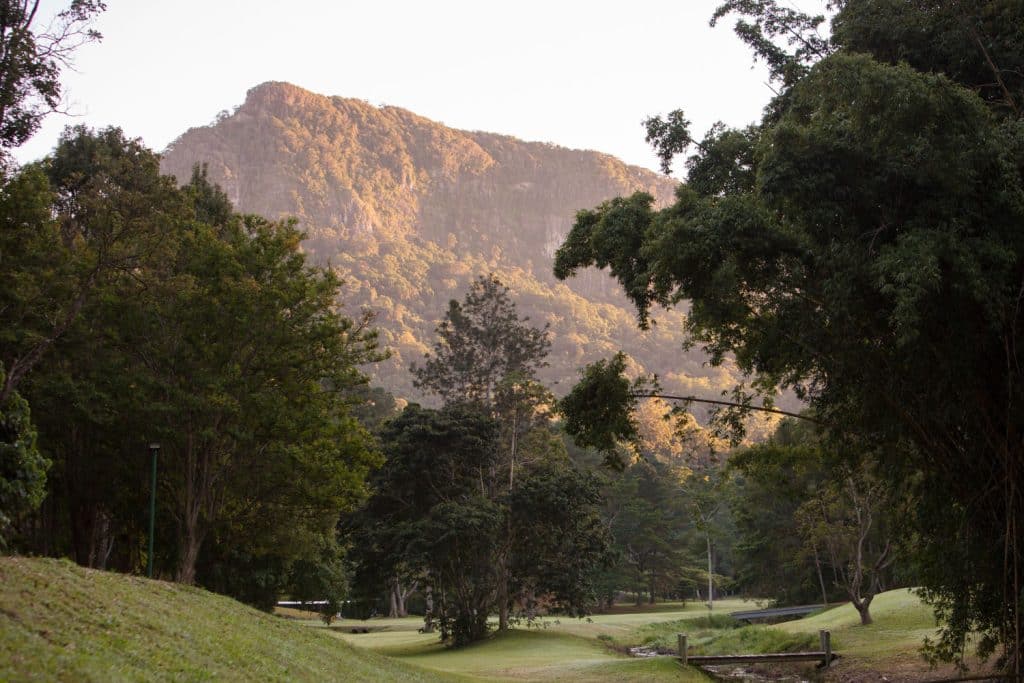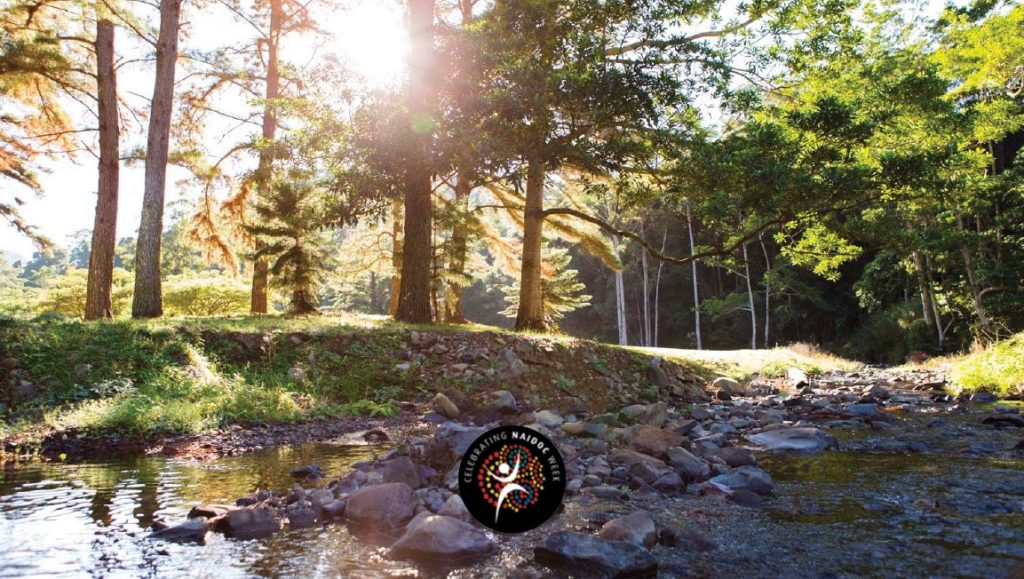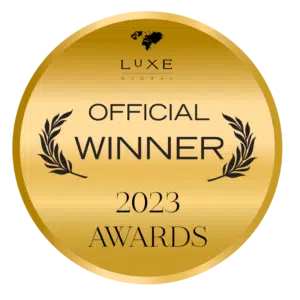This week marks NAIDOC Week, an annual event dedicated to celebrating the history, culture and achievements of Aboriginal and Torres Strait Islander peoples. To recognise and celebrate this occasion, we reached out to one of our incredible chefs here at Eden, Fiona Hatchet, to share what NAIDOC Week means to her and three core elements of Indigenous culture.
My name is Fiona Hatchett, I am the 2 IC at Eden and I am a proud Wiradjuri woman from New South Wales. It’s the biggest Indigenous nation within the state. My Totem (a plant or animal that is inherited by members of a clan or family as their spiritual emblem) is the Goanna.

NAIDOC stands for National Aborigines and Islanders Day Observance Committee. Each year, NAIDOC week celebrates the history, culture and achievements of Aboriginal and Torres Strait Islander peoples.
There are a number of ways NAIDOC Week is celebrated in schools, community events and ceremonies; every year there is a theme. One of my favourites was ‘Because of her, we can’, which showed respect to the elder ladies in our lives. This year’s theme is ‘Heal Country!’, which I think is great, as it brings a new element to the meaning each year.
The significance of NAIDOC Week
NAIDOC is special to my family and me as it’s a way of celebrating the rich heritage our people have. For me, it’s a great way of letting people know our history. They do not have to understand, but simply have an awareness and acknowledgement that there is a history here and Aboriginal people lived on this land before anyone. They lived on the land, there were actual communities and tribes, they had laws, there was agriculture, they preserved food, they had huge dwellings that stretched for kilometres, they harvested the land, they made their own equipment for digging and fishing and cooking.

3 Core elements of Aboriginal culture
1. Land
Land and respect for the land are of utmost importance to indigenous culture because Aboriginal people lived and thrived off the land. It relates to all aspects of our culture: spirituality, differences in language amongst tribes, law, and so on. You had to get permission to go on another tribe’s land. It represents family and identity.
2. Family
We have strong family values, including extended family connections. A ritual that was special to me as a child was the telling of Dreamtime stories. The stories had a sense of pride, honour, respect for the land and animals.
I was told as a child to always respect my elders, including my aunties, uncles and close family friends. This taught us good values. I remember just sitting and listening to stories of the family when they lived on the mission in Cowra NSW. My mum was born in Cowra and lived there until the age of 8, then the family moved to Sydney. The sense of family was always very connected.
3. Ceremony
There are many ceremonies, rituals and storytelling in Aboriginal culture. An example would be Welcoming Ceremonies. One was held at my boys’ school once and it was fantastic. Stories are told with dance, and one of my favourites was when the boys performed the hunting dance for dinner at their school.

A corroboree is another traditional event, which involves a ceremonial meeting of Australian Aboriginals where people interact with the Dreamtime through music, costume and dance. It’s a sacred custom and people from outside the community are not allowed to partake.
Key takeaways
Remember that the land on which you live is borrowed and that Mother Nature is our home, and should be treated as such.
Your family is your lifelong support network and fills your life with love and purpose. When was the last time you reached out and connected with them? If your biological family does not fulfil this for you, find it amongst people who do. There’s a tribe for everyone.
Respect and sensitivity towards Aboriginal people and culture
I was brought up to feel proud about being Aboriginal. I used to do all the dancing and artwork myself at primary school. However, I did at times feel embarrassed when people were racist towards me with name-calling and ‘jokes’, and to this day there is a certain ignorance and stereotype.
Some people think all Aborigines drink, smoke and take benefits from the government, and I hate that. All colours and races should be equal, not be defined by the colour of their skin. I also used to hate the question of what percent Aboriginal I am. To my family, it’s not about that. It’s being a part of an amazing first people to the land.
My family is a part of the stolen generation, and there is great sadness in their stories. I think respect for our ancestors is deeply rooted within our people.
To become more educated on Aboriginal people and culture, I recommend a book called Dark Emu by Bruce Pascoe. I’ve only just started it, and it’s wonderful.
“Could it be that the accepted view of Indigenous Australians as simply wandering from plant to plant, kangaroo to kangaroo, in hapless opportunism, was incorrect?”
excerpt from Dark Emu.
I’ve learned so much in this short time of reading and if other people had an awareness of how Aborigines lived all those years ago, I think they would be amazed.
Eden Health Retreat is founded upon Bundjalung Country. May we acknowledge the traditional owners whose cultures and customs have nurtured, and continue to nurture, this land since men and women awoke from the great dream.






